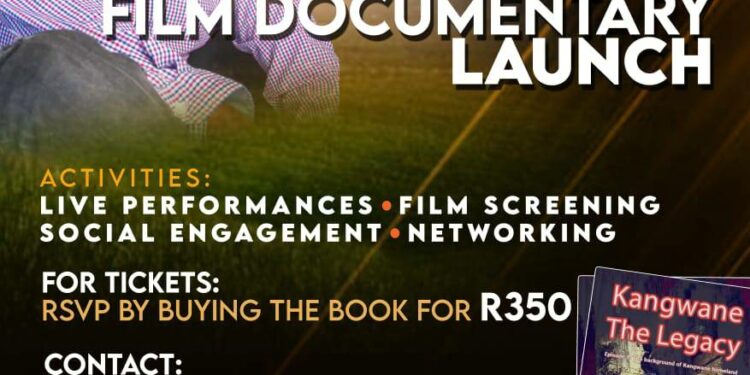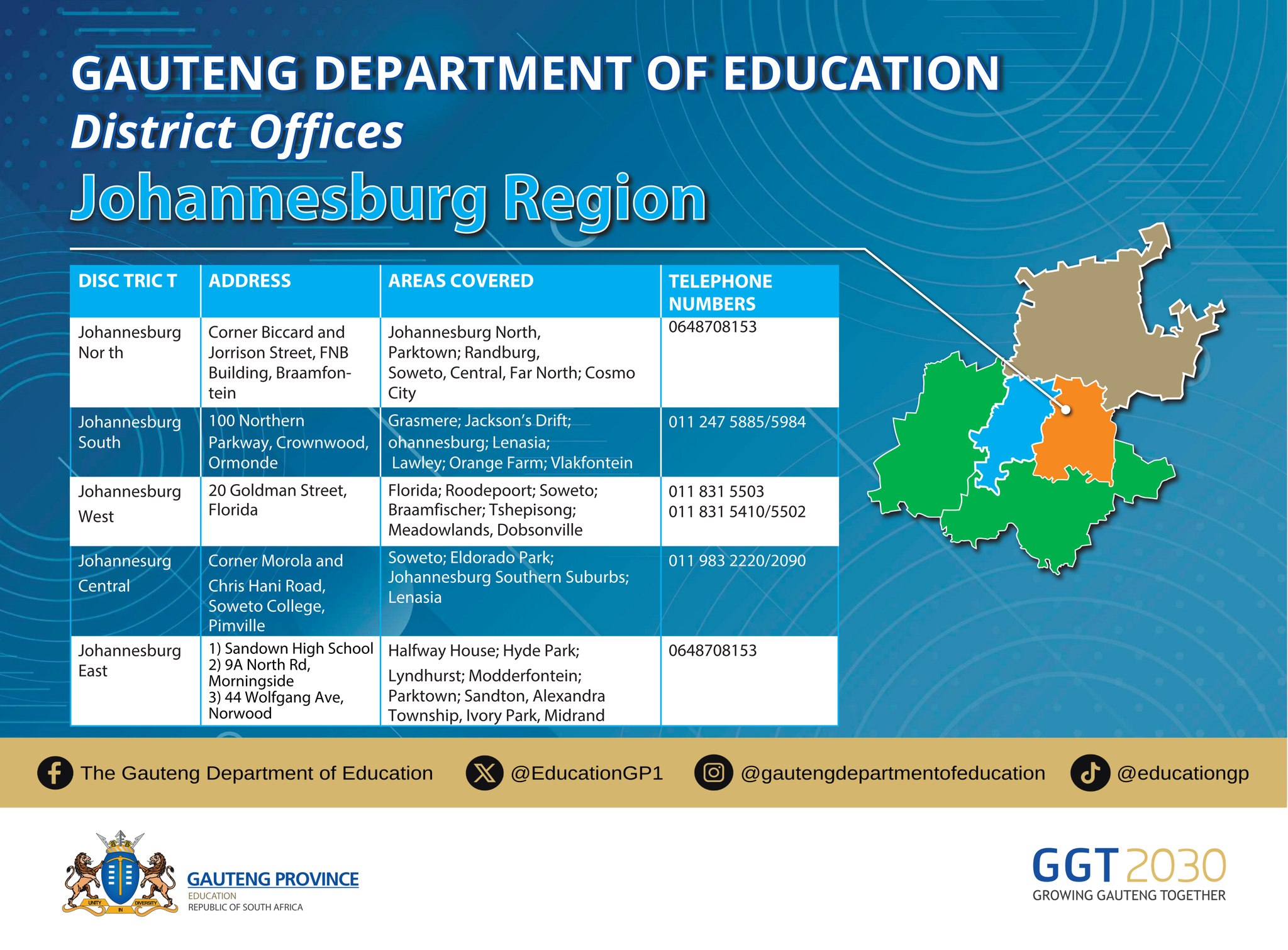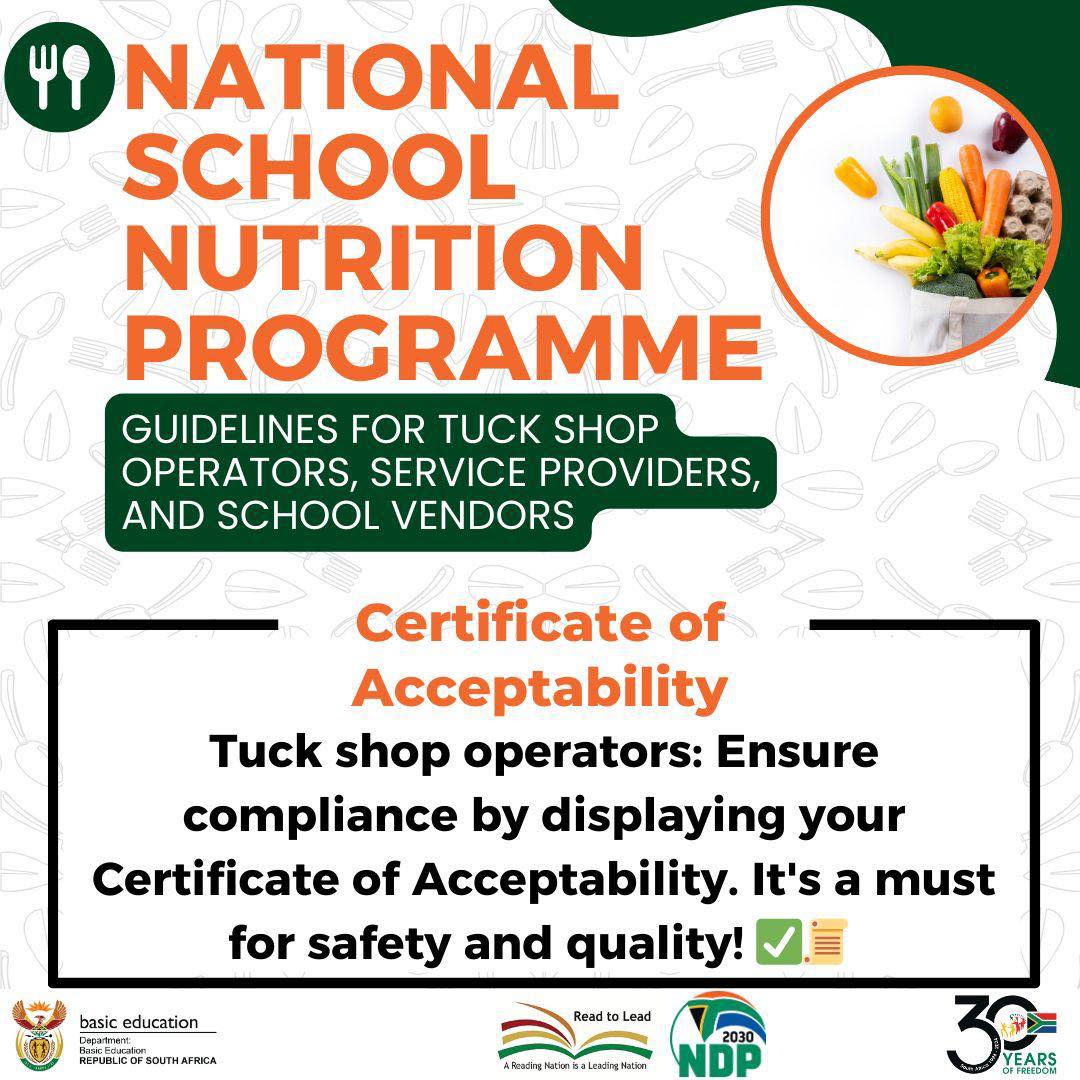By Mzukona Mantshontsho
MANDLA QWABE benefited from the National Film and Video Foundation of South Africa to produce a documentary film called KaNgwane the Legacy Project, a story that educates and exploits insights about the history of the Swazi people.
KaNgwane the Legacy is a documentary film based in Mbombela, Mpumalanga. KaNgwane was a Bantu-Stan intended by the apartheid government to be a semi-independent homeland for the Swazi people. Mandla Qwabe Creations had a mandate to use an artistic form of storytelling as a medium of communicating with communities in search for social change. The production is inspired by the historical journey and people life’s experiences that were habitants of KaNgwane and surroundings since its inception up to this day. The body of work recognises historical events, individuals and groups of people who took part in the development of the region since 1977 to 1994, be it in politics, economic development, socio economic development, heritage, education and population dispensation.
I spoke to Mandla Qwabe, Founder and Director at Mandla Qwabe Creations about KaNgwane the Legacy Project, his personal, professional and entrepreneurial journey thus far.
Tell us about your early life (school, any further education or professional qualification to your role today)
My name means ‘power’, a proud son of the amaQwabe clan. It’s the source of the confidence I have in my abilities. It reminds me that I’ve got the strength to empower myself and others through our organization. I grew up in an old township called KaNyamazane which is 25kilometers away from my hometown Mbombela, in the Mpumalanga Province.
I was raised by an independent grandmother who also raised 7 of her children alone in a 4-room house. She was a member of the St. John’s Apostolic Church in the late 1980’s. My mother who was the third child gave birth to the one begotten son and blessed him with a name called Mandla. She got married in Middleburg and started a new family. My grandmother took full responsibility of raising me. I grew up in the church, where I developed the talent of singing.
I recorded my first demo in 2003, having formed a 3-member group called Ghetto Mpumalanga. I wrote proposals requesting local business owners for sponsorship and we hit the jackpot with Nhlapho Taxis who came on board after listening to our demo and agreed to sponsor the recording of a full album, which was a success!
I performed on big stages with likes of Zola, the late Mshoza, Bricks to name a few in a music festival called Nelspruit Show in the early 2000’s, I must have been 15 years old. I remember taking a picture with the late Kwaito star Mandoza backstage after sharing a performance in my township at KaNyamazane Stadium. I was really a go-getter. In 2001, I attended my 8th grade at Sitintile Senior Secondary School.
This phase of school introduced me to many activities. I was highly active in the school choir, and we would go and compete with other school around the region. Our school would challenge us as a drama group to write a script for our next show and that’s where I also developed the burning desire to write.
My mother paid for me to study mechanical engineering at a college of which I dropped out, to my mother’s disappointment. I had to make things happened because I rolled with a burning desire to see myself develop and embrace a skill that I truly considered as my calling. I produced my first movie relying on tools such as YouTube and other filming materials and articles from the internet. I would follow other established filmmakers around the world and locally to practically learn the fundamentals and easily apply the knowledge to my craft.
I have produced 3 eKasi Stories back in 2016, the first called Impilo Yami, then followed by Abasha, and then a comedy film called Spido ‘n Spinyos. I was part of eKasi Stories shot film called ‘Single Mom’ where I collaborated with a production company called Exquisite Entertainment based in KaNyamazane.
I grew in the industry of filmmaking, and this was enhanced by a nomination by the Mpumalanga Provincial Head of Department of Sports, Arts, Culture and Recreation to be part of a learnership program called “Youth in Arts Leadership Program”.
This program offers arts practitioners and creatives with skills and knowledge on how one can enhance his leadership, management, arts administration skills and access funding strategies. This project not only helped me grow but opened my mind to a whole different spectrum. It has enhanced my leadership skill and allowed me to build a career in my field of work.
In 2016, I started Mandla Qwabe Creations that would unlock potential and create opportunities for up-and-coming artists in my community. It’s my own small way of uplifting the youth of Kanyamazane by assisting them with artist management, running business workshops and facilitating skills training.
What does your role of Producer of KaNgwane the Legacy Project mean to you?
In 2018, I was hosting a stage play at Kanyamazane Community Hall creating a platform for young aspiring actors or actresses who were part of a group I formed called Abasha Youth to showcase a play called the “Life and times of Mandela”, a play I wrote. So, after the show I was heading home with a project colleague of mine, and we were discussing our future in the filming journey. I told my friend that I have a dream and the dream it to produce a documentary film that celebrates heroes and heroines of Mpumalanga. My friend thought I was joking because maybe he thought I have no experience in filmmaking, no connections and financially unstable. But now, he finds it hard to believe that Mandla Qwabe has come to realize his dream. So, this role means responsibility, it means leadership, action and accountability. This role means I have the ability to challenge myself and fear the unknown, also, inspiring others to join the ship of being role players and become successful leaders.
What are the most critical resources for your successful leadership?
I think I haven’t discovered my power yet but as far as I know I believe in consistency and outcomes. Looking from my past experience I succumb to a lot of challenges, disappointments and rejections. So, these negative factors became my critical resources moving forward. I told myself that whatever challenge comes my way I am going to fight until the end. So, whenever I set my mind to do something I do it. I am that individual who likes to convert problems into solution. During my struggle years of career persuasion, I was always eager to self-develop myself in terms of arts administration and business projects. During my years of hustle, I came across a Youth program hosted by The Forgotten Angle Collaborative (FATC) an NPC based at eMakhazeni, in Macharadorp, in Mpumalanga, that focuses on youth in arts development. Their program focuses on empowering participants with skills and knowledge with the purpose of serving their local arts and culture structures and respective communities better. So, part of the skills resources I received was project management, organisational design and compliance, program design, fund raising, stakeholder engagement, marketing and public awareness, monitoring and evaluation and reporting. The FATC program was instrumental in shaping my leadership journey.
What can we expect from you going forward following this project?
My vision from this project is to be a world film star that portrays really inspirational and educational stories, engage the community and expand the appreciation of independent filmmaking. I would also like to expand my network, connections and collaborations for the better success of this project.
KaNgwane the Legacy documentary film will be giving a clear picture of how the various aspects of society such as technology, Business, education, government systems, Politics and society as a whole worked in the past so we understand how it came to work the way it is now.
The documentary will act as a tool of recollection of history of KaNgwane that will help provide us with a sense of identity. This production will help different generations to learn how this region, families and groups were formed. It is important to know how prominent individuals interacted with historical change of the region. There has to be an understanding for groups of people whose history may be different from the mainstream. We have to understand the suffering, joy, and chaos that were necessary for the present day to happen and appreciate all that you are able to benefit from past efforts today. This historical documentary helps one develop skills and be transformed to be a version of oneself as a citizen, a student, and person holistically.
How does Mandla Qwabe Creations help out in the community?
As a skills-development platform, Mandla Qwabe Creations has benefited from a National Arts Council (NAC) grant to make an array of show-business services accessible to young people from previously disadvantaged communities. I found out about the NAC when representatives visited our area during one of its outreach programmes aimed at providing arts practitioners with information on how to apply for funding.
Through the NAC grant, we have been able to contribute to the upliftment of our communities and bring about noticeable change. We have had a large number of young people participate in our training programmes. Most of our local artists have the entrepreneurial skills and knowledge to better market their projects, manage their brands and run their careers in a professional manner. The partnership with the NAC was instrumental in making this a possibility.
Through my outreach initiatives, I have managed to create social entrepreneurs out of people who initially deemed their passion for singing, acting, dancing or film production as pas-times that were difficult to harness for financial gain. The company has organised training sessions and worked with experienced facilitators to coach artists on how to transition from performing just for applause, to entertaining for reward.
What are your words of advice for young people, particularly women to start small businesses?
I use my influence as a progressive leader to motivate young people to tackle challenges head on and embrace the opportunities presented by technology to advance their ambitions. We now live in a time when information is readily available at our fingertips. So, one must use those online platforms to find information and figure out solutions that can benefit them and their community. I firmly believe that KaNgwane the Legacy will offer powerful opportunities for engaging emotions and intellect, altering pre-conceptions, and fostering tolerance and understanding about people and the diverse cultures of the region.
When you not at work, what do you get up to, and where can people follow you or your business online?
I love the gym to blow some steam and exercise, I read self-development material such as film, business, sales strategies and project management. I spend time running acting and film-making masterclasses in community where I share my skills and knowledge. I run a project called Artists in Business where I work with highly acclaimed coaches around the country to couch artists on how they can better manage their brands, run successful projects, fundraising and sell their offerings. These projects have been funded by the National Arts Council of South Africa.










